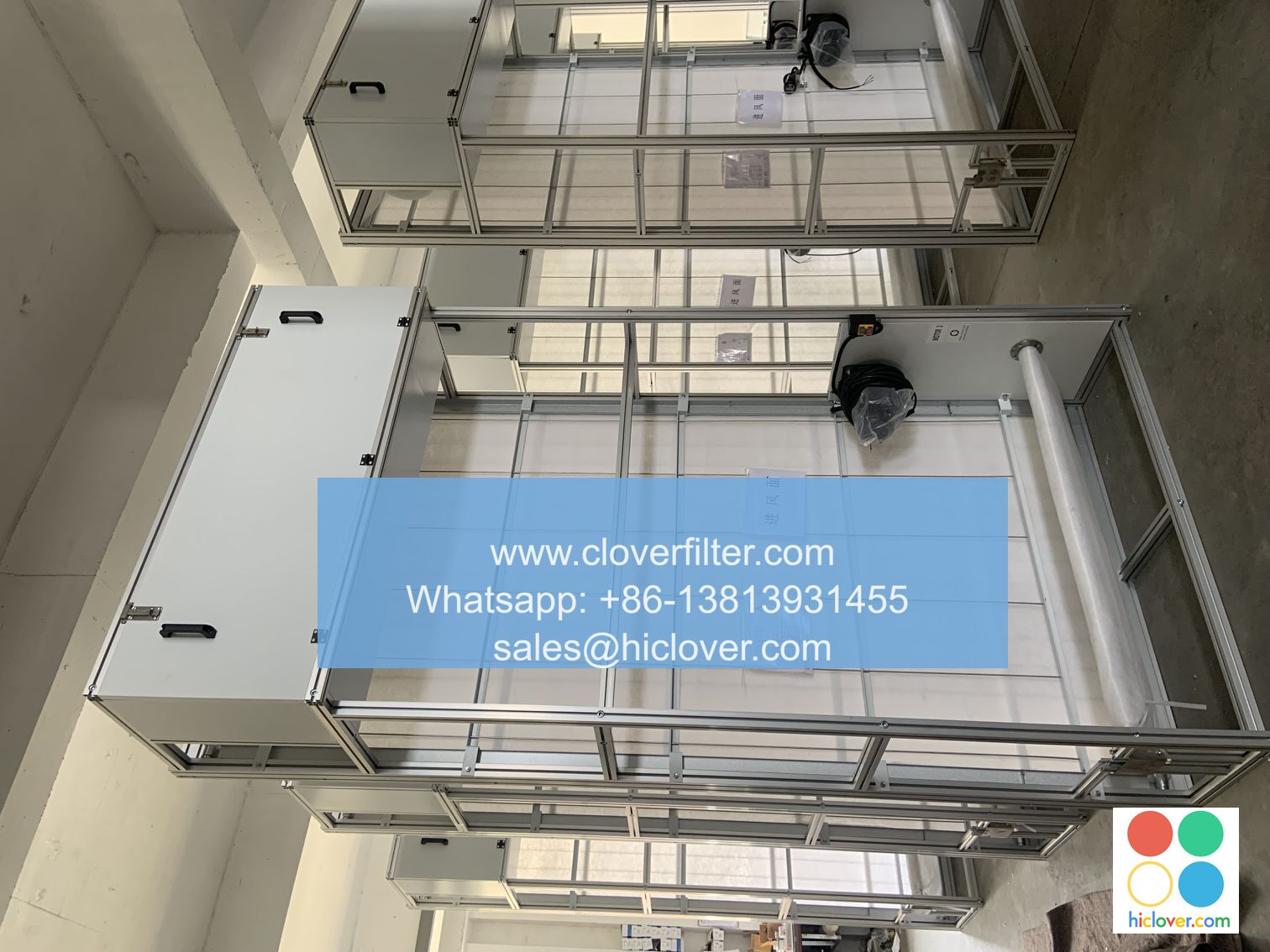When to Choose an Air Filter Over an Air Purifier (and Vice versa)

As the world becomes increasingly aware of the importance of indoor air quality (IAQ), the demand for air cleaning solutions has skyrocketed. Two popular options for improving IAQ are air filters and air purifiers. While both devices are designed to remove airborne pollutants and allergens, they work in different ways and are suited for different applications. In this article, we’ll explore the key differences between air filters and air purifiers, and help you decide when to choose one over the other.
Air Filters: The Basics
Air filters are designed to capture particulate matter (PM), such as dust, pollen, and pet dander, from the air. They typically use a fibrous medium to trap particles, and are often installed in HVAC systems or used as standalone units. Air filters are effective at removing larger particles from the air, but may not be as effective at capturing smaller particles or gases.
Air Purifiers: The Basics
Air purifiers, on the other hand, are designed to remove a wider range of airborne pollutants, including gases, odors, and volatile organic compounds (VOCs). They often use activated carbon or other sorbents to capture these pollutants, and may also employ UV light or other technologies to kill bacteria and viruses. Air purifiers are generally more effective at removing smaller particles and gases from the air.
When to Choose an Air Filter
So, when should you choose an air filter over an air purifier? Here are a few scenarios:
* Large particle removal: If you’re primarily concerned with removing larger particles like dust, pollen, and pet dander from the air, an air filter may be the better choice.
* HVAC system integration: If you want to improve the IAQ in your home or building, and you have a central HVAC system, an air filter may be the better choice. They can be easily installed in the HVAC system to capture particles before they enter the building.
* Cost-effectiveness: Air filters are often less expensive than air purifiers, making them a more cost-effective option for smaller spaces or for those on a budget.
When to Choose an Air Purifier
On the other hand, here are a few scenarios where an air purifier may be the better choice:
* Small particle removal: If you’re concerned with removing smaller particles like smoke, pollution, or allergens from the air, an air purifier may be the better choice.
* Gas and odor removal: If you’re concerned with removing gases or odors from the air, such as those from cooking, smoking, or chemicals, an air purifier may be the better choice.
* High-traffic areas: If you have a high-traffic area, such as a commercial space or a public building, an air purifier may be the better choice. They can help remove a wider range of airborne pollutants, including bacteria and viruses.
Application Areas
Both air filters and air purifiers have a range of application areas, including:
* Residential spaces: Both air filters and air purifiers can be used in residential spaces to improve IAQ.
* Commercial spaces: Air purifiers may be more effective in commercial spaces, where there may be a higher concentration of airborne pollutants.
* Industrial spaces: Air filters may be more effective in industrial spaces, where there may be a higher concentration of larger particles.
* Healthcare facilities: Air purifiers may be more effective in healthcare facilities, where there may be a higher risk of infection transmission.
In conclusion, the choice between an air filter and an air purifier depends on your specific needs and concerns. By understanding the key differences between these two devices, you can make an informed decision about which one is right for you. Remember to consider factors like particle size, gas and odor removal, and cost-effectiveness when making your decision. Prompt

